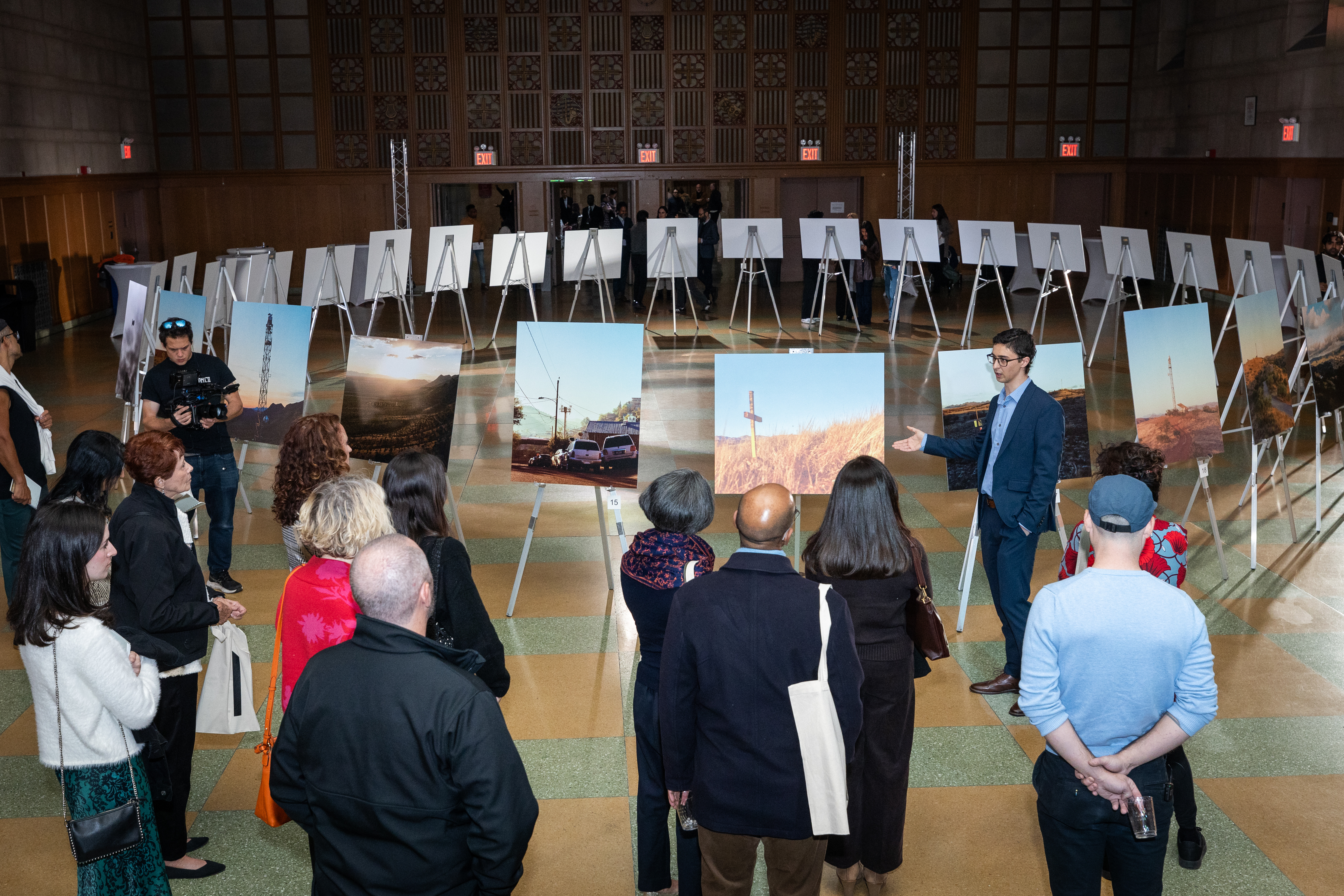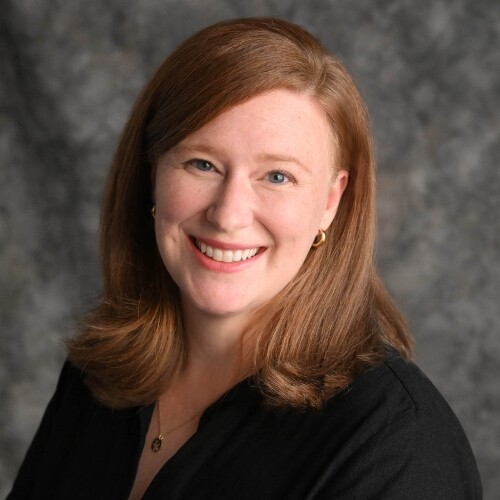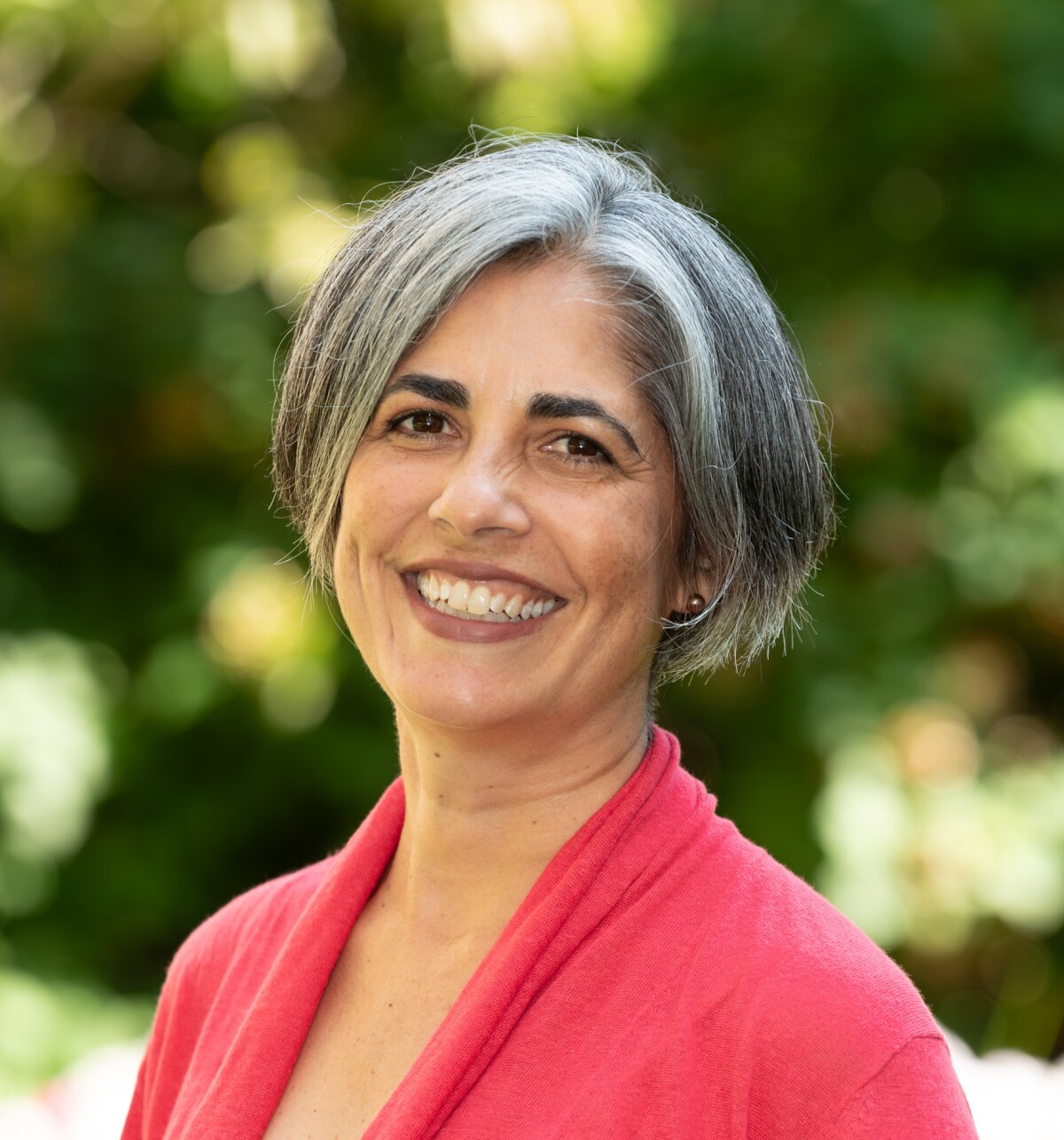
Event
Regardless of Frontiers: The First Amendment and the Exchange of Ideas Across Borders
A symposium and exhibition exploring the international border as a venue, justification, or pretext for censorship or surveillance
Riverside Church and online
On October 18, 2024, the Knight First Amendment Institute at Columbia University will convene scholars, practitioners, policymakers, and activists for a symposium about surveillance and censorship and the changing role of the international border.
Today, the U.S. government uses its authority over the border to justify the surveillance of social media, the interrogation of travelers about their political and religious views, the warrantless search of travelers’ laptops and cellphones, the imposition of limits on Americans’ right to engage with foreign speakers and to access foreign communications platforms, and the suspension of the constitutional rules that would ordinarily apply to the surveillance of Americans’ emails and telephone calls. Panelists will consider these practices and their implications from a range of perspectives, including theoretical, doctrinal, historical, and empirical.
“Regardless of Frontiers” will also feature a photo exhibition entitled “Infrastructures of Control,” by Colter Thomas and Dugan Meyer. Through a series of photographs, the exhibit aims to create a visual archive of security and surveillance infrastructure in the U.S.-Mexico borderlands. An opening reception will be held on the evening of October 17 at Riverside Church.
The symposium will take place at Riverside Church and online. RSVP for updates and more information.
Schedule
-
Riverside Church, South Hall
490 Riverside Dr, New York, NY 10027
Photography Exhibition and Reception
“Infrastructures of Control”
Photographers
- Dugan Meyer, University of Arizona
- Colter Thomas, Harvard University

April Renae
-
Riverside Church, South Hall and Online
490 Riverside Dr, New York, NY 10027
Welcome
- Jameel Jaffer, Knight First Amendment Institute
Panel 1: The First Amendment Rights of Noncitizens
The questions of whether and how the Constitution should be understood to protect the expressive and associational rights of noncitizens inside the United States are bound up with questions about sovereignty, collective self-determination, and the purpose of the First Amendment. What First Amendment rights should noncitizens be understood to have, and what rights do they actually enjoy? What legal frameworks do we need to ensure that the expressive and associational rights of noncitizens in the United States are respected?
Panelists
- Ahilan Arulanantham, UCLA School of Law
- Alina Das, NYU School of Law
- Presenting paper: Protecting the First Amendment Rights of Noncitizens
- Cristian Farias, Inquest
- Genevieve Lakier, University of Chicago Law School
Moderator
- Elora Mukherjee, Columbia Law School
Break
Panel 2: Foreign Speech, National Security, and the First Amendment
Governments including our own routinely limit the exchange of information across borders in the name of national security. When, if ever, should national security be viewed as a legitimate justification for restricting cross-border speech, and what legal frameworks do we need to limit the risk that national security is used as a pretext for restricting speech that is important to democracy? How are restrictions that are said to be necessary to protect national security shaping or distorting public discourse in the United States today?
Panelists
- Noah Chauvin, Widener Law Commonwealth
- Presenting paper: Foreign Influence and First Amendment Values
- Anna Diakun, Knight First Amendment Institute
- Evelyn Douek, Stanford Law School
- Presenting paper: Material Support Laws’ Long Online Shadow
Moderator
- Ramya Krishnan, Knight First Amendment Institute
Lunch Break
Lunch will be provided.
Keynote Address
- Katherine Maher, NPR
Panel 3: Surveillance At and Across Borders
It’s well understood that surveillance can operate as “soft censorship,” deterring individuals from engaging in expressive and associational activities that are nominally protected by law. In recent years, powerful new surveillance technology has enabled both government and private actors to monitor, intimidate, and persecute journalists, human rights advocates, political dissidents, and ordinary citizens. What constraints do we need to impose on government and private surveillance, or on the sale and distribution of surveillance technology, in order to protect expressive and associational freedoms? How does First Amendment doctrine need to evolve to address the challenges presented by new forms of surveillance?
Panelists
- Ron Deibert, Citizen Lab
- Presenting paper: Silenced by Surveillance: The Impacts of Digital Transnational Repression on Journalists, Human Rights Defenders, and Dissidents (co-author: Siena Anstis)
- Ashley Gorski, ACLU
- Jaya Ramji-Nogales, Temple Law School
- Presenting paper: Surveilling Border Activists (co-author: Nicole Ramos, Al Otro Lado)
Moderator
- Alex Abdo, Knight First Amendment Institute
Break
Panel 4: Protecting the Right to Receive Ideas From Abroad
Many contemporary political debates stem from the perception that speech from abroad—that is, “foreign speech—poses a danger to our democracy. This danger is used to justify government regulation and intervention that would be unconstitutional in most other contexts. Of course, some kinds of foreign speech—for example, unregulated political donations by residents of foreign countries, or disinformation campaigns directed by foreign powers—may well threaten the integrity of democratic processes and public discourse. Yet broadly characterizing foreign speech as a danger overlooks the ways in which such speech can serve First Amendment values, like fostering a marketplace of ideas, facilitating democratic self-government, and supporting individual autonomy. How should courts weigh these risks and benefits? What lessons can be drawn from historical and contemporary battles over Americans’ right to receive information and ideas from abroad?
Panelists
- Chinmayi Arun, Yale Law School
- Presenting paper: Accessing Ernie Bot’s Avatars
- Sam Lebovic, George Mason University
- Presenting paper: Do Americans Have a Right to Know About the World?
- Nick Robinson, International Center for Not-for-Profit Law
- Xiangnong (George) Wang, Knight First Amendment Institute
- Presenting paper: Listeners’ Rights in the Time of Foreign Propaganda: The Story of Lamont v. Postmaster General
Moderator
- Katy Glenn Bass, Knight First Amendment Institute
Closing Remarks
Speakers
-

Alex Abdo
Litigation Director, Knight Institute
-

Ahilan Arulanantham
UCLA School of Law
-

Chinmayi Arun
Yale Law School
-

Noah Chauvin
Widener Law Commonwealth
-

Alina Das
NYU Law School
-

Ron Deibert
Citizen Lab
-

Anna Diakun
Senior Staff Attorney and Managing Attorney, Fellowship Program, Knight Institute
-

Evelyn Douek
Knight Institute Senior Research Fellow 2021-2022; Stanford Law School
-

Cristian Farias
Podcast Writer and Host, Knight Institute
-

Katy Glenn Bass
Research Director, Knight Institute
-

Ashley Gorski
ACLU
-

Saira Hussain
Electronic Frontier Foundation
-

Jameel Jaffer
Executive Director, Knight Institute
-

Ramya Krishnan
Senior Staff Attorney, Knight Institute
-

Genevieve Lakier
Knight Institute Senior Visiting Research Scholar 2021-2022; University of Chicago Law School
-

Sam Lebovic
Knight Institute Senior Visiting Research Scholar, 2023-2024; George Mason University
-

Katherine Maher
NPR
-

Dugan Meyer
University of Arizona
-

Elora Mukherjee
Columbia Law School
-

Jaya Ramji-Nogales
Temple University Beasley School of Law
-

Nicole Ramos
Al Otro Lado
-

Nick Robinson
International Center for Not-for-Profit Law
-

Colter Thomas
Harvard University
-

Xiangnong (George) Wang
Staff Attorney, Knight Institute